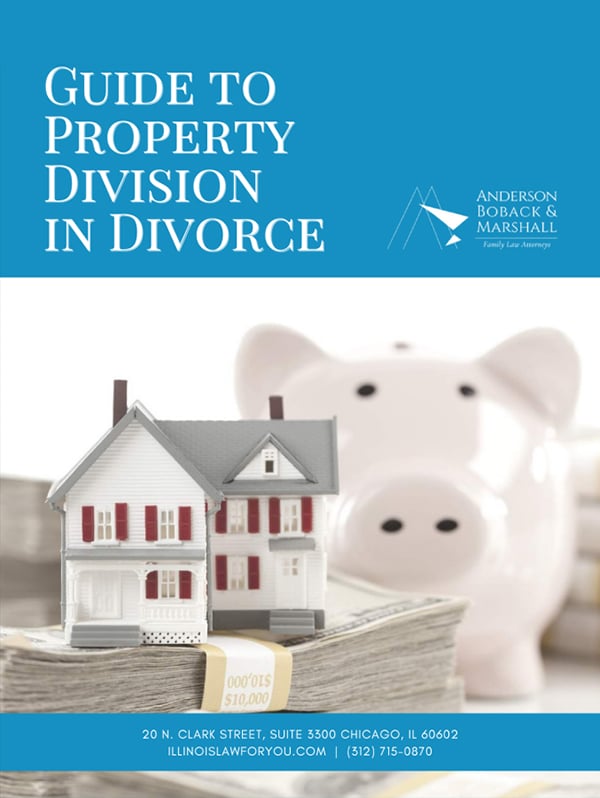Many people are concerned about divorce and pension plans and what will happen to those plans and any other retirement accounts upon finalization of a divorce. People seem to think that if the pension plan is solely in their name (which it typically is), then their pension is theirs alone and they do not have to share it with their spouse when they divorce.
Pension Plans are a Marital Property Subject to Division in Divorce
Family courts consider pension plans an asset of the marriage, however, and you will need to divide your pension right after the divorce of your spouse. If you and your spouse both have a pension plan, and they are of equal value, then it is likely that each of you will retain your own pensions. In Illinois divorce law has established that all retirement accounts and pension plans whether vested or matured, contributory or noncontributory, shall be treated as marital property.
The classification and reimbursement principles in 750 ILCS 5/503(a) and 5/503(c) apply to retirement plans and pensions and divorce in Illinois. A pension that is established before the marriage, as well as its increases in value, remains nonmarital property; however, the marital estate may be entitled to reimbursement for marital contributions or for the significant personal efforts of a spouse that result in substantial appreciation. When evaluating divorce and pension plans, the courts have noted that an interest in a pension plan is marital property if a portion accrues during the marriage.
Separating Pension Plans and 401(k)s in an Illinois Divorce
To understand pensions and divorce in Illinois, however, you should know that Illinois does not divide pensions equally. Pensions are treated just like any other asset of the marriage. Trial courts who divide a pension equally, without considering the factors in our statute, can be overturned by the Appellate Court. In re: Marriage of Smith, the appellate court found that the trial court failed to consider the factors in the Illinois Marriage and Dissolution of Marriage Act.
Instead, the trial court’s finding that any income in the wife’s 401(k) earned during the marriage should be divided, half to each side as a matter of course and without considering the statutory factors, was an abuse of discretion. The appellate court remanded the case, instructing the trial court to consider the statutory factors in order to divide the wife’s 401(k) in just proportions. Equitable division of retirement assets, as with all other assets of the parties, requires consideration of the factors in §503(d) of the Act regarding pensions and divorce in Illinois.
Divorce and Pensions Plans, Retirement Accounts and Deferred Compensation
Deferred Compensation plans are also subject to division in a divorce. A deferred compensation benefit is earned by an employee for his or her service to an employer. As such, they are treated as earnings, and to the extent that a spouse earned those benefits during the marriage, they are considered marital property and are subject to division upon dissolution, like any other marital property.
Contact Anderson Boback & Marshall for answers to these and all questions related to retirement accounts, 401(k) plans and pension rights after divorce. We are experienced in all family law matters and highly respected divorce attorneys in Chicago with an understanding of Illinois divorce and pension plans.
















